- You know my name - September 11, 2010
- Everybody’s trying to be my baby - September 9, 2009
- Nothing to get hung about? - August 13, 2009

Oh, I get it. He’s kidding
MOLLIE WILSON REILLY • Everyone and their brother is writing about the Beatles today — and last night VH1 was showing Help!, for heaven’s sake! It’s weird, and oddly it’s making me a little bit cranky. (Like, Hey, I liked them first.) This happened back in 1995, though, a couple of years after my own personal conversion to Beatlemania, when Anthology landed and suddenly everyone was a big-time fan. So I guess it will blow over. In the meantime, if you find yourself growing fatigued with reading box-set reviews by Johnny-Come-Latelys, I recommend Chuck Klosterman’s take at the Onion’s AV Club. (Thanks to friend Betz for sending me the link.) Here’s a sample:
1967 proved to be a turning point for the Beatles—the overwhelming lack of public interest made touring a fiscal impossibility, subsequently forcing them to focus exclusively on studio recordings. Spearheaded by the increasingly mustachioed Fake Paul, the four Beatles donned comedic Technicolor dreamcoats, consumed 700 sheets of mediocre acid on the roof of the studio, and proceeded to make Sgt. Pepper’s Lonely Hearts Club Band, a groundbreaking album no one actually likes. A concept album about finding a halfway decent song for Ringo, Sgt. Pepper has a few satisfactory moments (“Lovely Rita” totally nails the experience of almost having sex with a city employee), but this is only B+ work. It mostly seems like a slightly superior incarnation of The Rolling Stones’ Their Satanic Majesties Request, a record that (ironically) came out seven months after this one. Pop archivists might be intrigued by this strange parallel between the Beatles and the Stones catalogue—it often seems as if every interesting thing The Rolling Stones ever did was directly preceded by something the Beatles had already accomplished, and it almost feels like the Stones completely stopped evolving once the Beatles broke up in 1970. But this, of course, is simply a coincidence. I mean, what kind of bozo would compare the Beatles to The Rolling Stones?
Also: How creepy is that ad for Rock Band where the modern people mingle with the Beatles as they’re shooting the Abbey Road cover, and they all, like, have a party in the street? Here’s what I think. Ordinary people crossing Abbey Road: Great concept. Mixing in the 1969 Beatles, digitally, as if they were interacting with said people: Good God the nightmares!!!




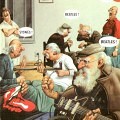
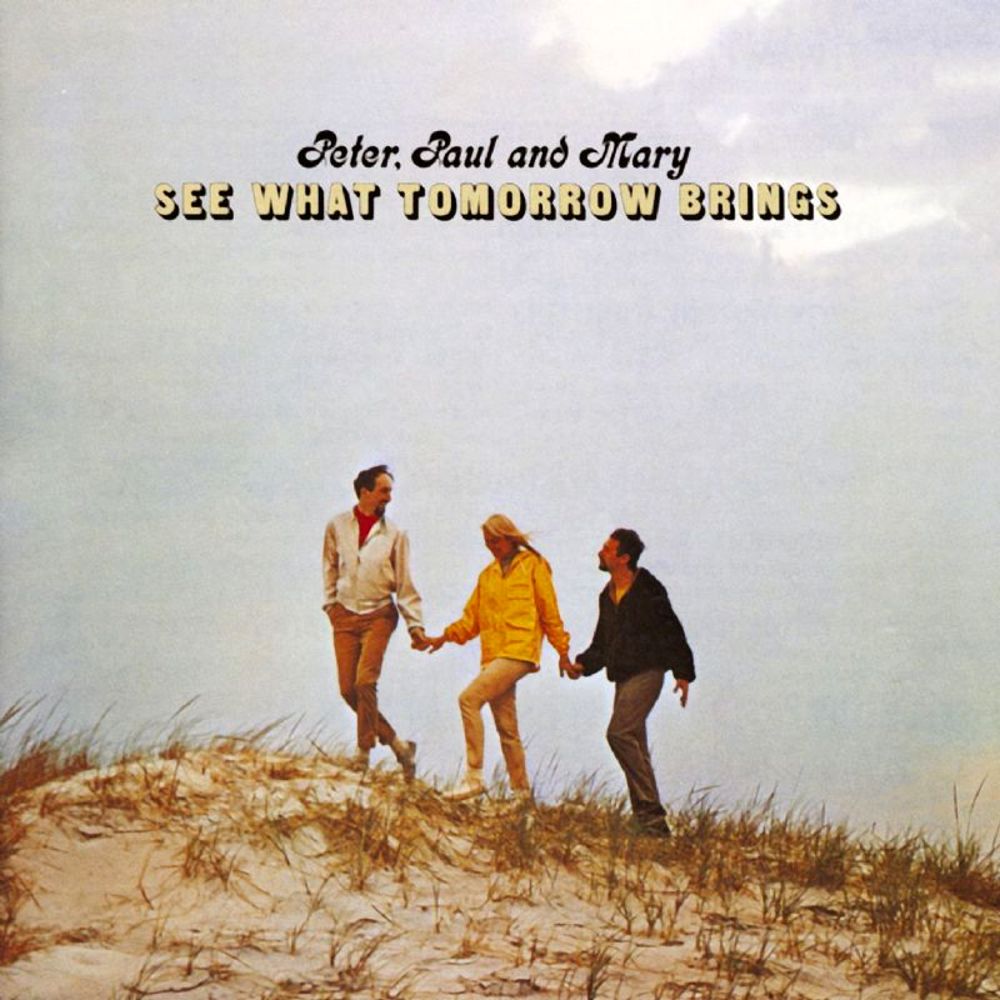
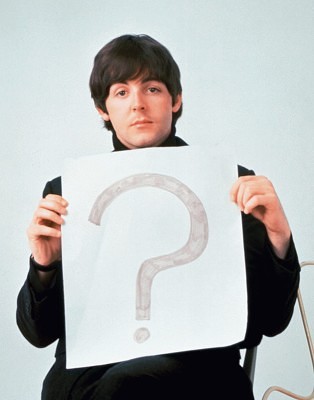
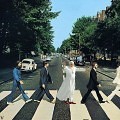

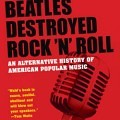
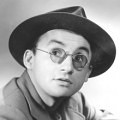
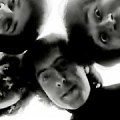
I agree that this advertising spot is creepy. When digitally resurrected George is pictured picking up the little girl’s guitar, they have him saying “it’s plastic.” In fact I have always gotten a little creeped-out from Apple’s visual production style from the Anthology-era on. I agree that separate clips of them in 1969 and us now would have been more tasteful. The Beatles are the Beatles, and we are we. They were great enough, and we are appreciative enough, not to need fake democracy. Something in a similar vein, but far more tasteful, is the photo of the Beatles interspersed in a crowd, on the inside cover of both the Red and Blue albums. That made the point – the Beatles and the public trapped in this strange relationship – in a simple, restrained and moving way.
Mollie and Alexander, I like your comments and cannot blame you for being revolted. But I find the ad creepy mainly because, unlike the “Free as a Bird” video, it’s not very well-done. The Beatles’ digitized outlines are mushy and indistinct; the heads often don’t match the bodies they’re grafted onto, in either size or directionality; and in the flesh context of the “now” actors, they look even more like holograms, too undignified even to resemble phantoms. Technology fails to foster the illusion of simultaneous presence, let alone democracy, even a fake one.
But given my personal conception of the Beatles phenomenon — that it was uniquely though not wholly about the audience crawling onto the stage, within the frame, inside the very narrative, redirecting it in new ways, old ways, whatever ways were to hand — I can’t find the ad an offense, only a continuation. The execution sucks but the spirit is, to me, pure Beatles. And not that anyone here has carped on this, but the fact that it’s a commercialized version of Beatle-audience interconnectivity doesn’t hurt: the Beatles were a pop band, and “pop” is short for “popular.”
The London park photo, Beatles spread among fans, non-fans, and lucky bystanders, is a great image, but marked off by the obvious fact that they were all alive and together to participate it. The concept was bound to work better because there was nothing digital or tricked-up about it. (Though it WAS part of a publicity series, and so had at least some commercial motive behind it, despite its not being exploited publicly until five years after it was taken.)
Like you, Devin, I think I’m mainly reacting to how bad it looks — the “uncanny valley” effect is so repulsive it prevents me from having any other reaction to the ad. I think they were going for “It’s like you’re hanging with the band@” But I get “Aaaaugh, zombie Beatles!”